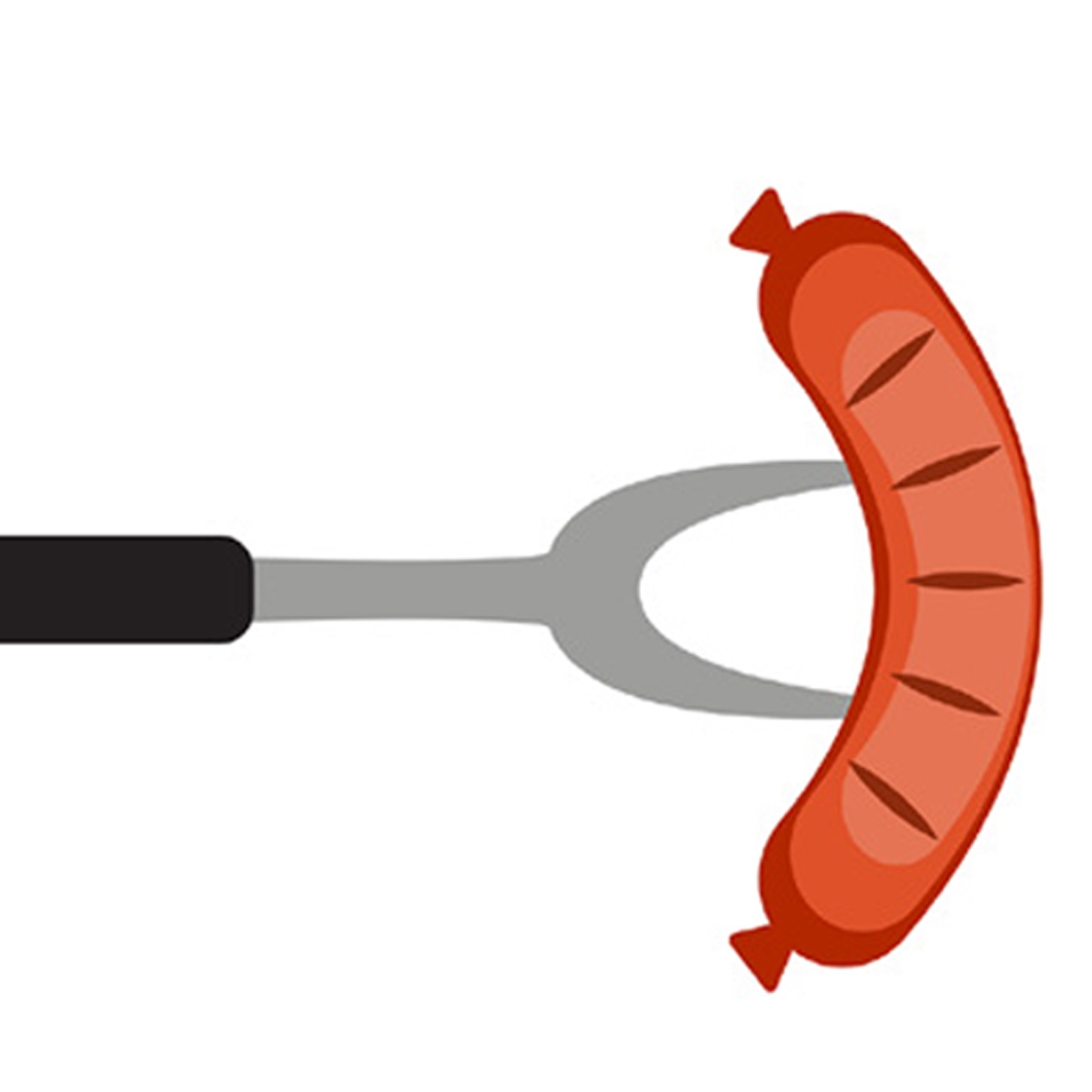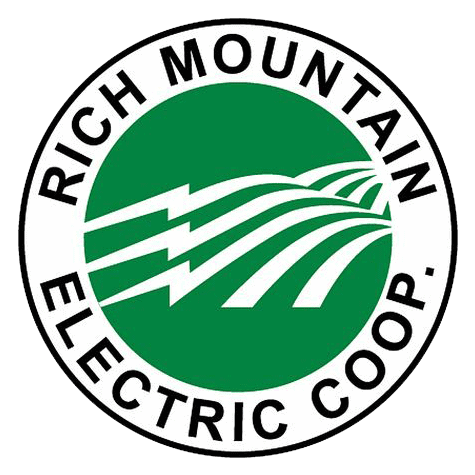Sizzle Safely: Smart Tips for Summer Grilling
Grilling outdoors is a great way to enjoy warm weather, keep your home cooler and lower energy bills. But with more than half of grill fires occurring during peak summer months, safety should be top of mind.
Each year, grill fires cause thousands of injuries and millions in property damage, according to the National Fire Protection Association (NFPA). Fortunately, most incidents are preventable with proper maintenance and safe practices.
General safety tips:
- Clean your grill regularly to remove grease buildup.
- Set up on a stable surface, away from homes, deck railings and overhanging branches.
- Keep children and pets at least 3 feet away.
- Never leave a lit grill unattended.
- Use grills outdoors only to avoid fire and carbon monoxide risks.
Gas grills
Gas grills pose a higher fire risk due to potential leaks. Check for leaks each season. Mix dish soap and water, apply to the hose and connections and open the valve slightly. Bubbles indicate a leak. If you detect a leak, turn off the gas. If it stops, have the grill serviced. If it continues, call the re department. Always open the lid before lighting a gas grill. If the flame goes out, turn off the gas and wait five minutes before relighting.
Charcoal grills
Use only charcoal starter fluid — never gasoline or other flammable liquids. Never add fluid to an already lit fire. Store starter fluid away from heat and children. Let coals cool completely before disposing of them in a metal container.
Electric grills
Use only outdoor-rated electric grills. Avoid using them in wet conditions. Keep cords and connections dry and plug into a GFCI outlet. Inspect cords for damage before use and unplug after grilling.
Cleaning matters
Dirty grills are a leading cause of fires. Let your grill cool before cleaning, and follow the manufacturer’s instructions. Clean grates, burners, grease traps and side tables regularly.
By following these tips, you can enjoy a safe, flavorful grilling season with peace of mind. For more information, visit safeelectricity.org.

